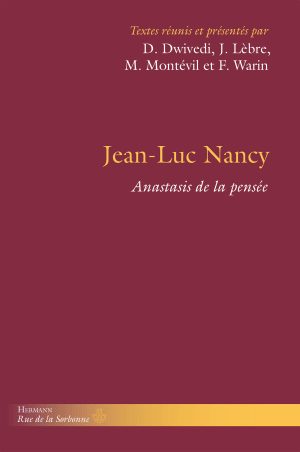
Indian philosophy, indian revolution: On caste and politics
In their brave and challenging book, grounded in political science and the Continental philosophical tradition, Divya Dwivedi and Shaj Mohan engage with the resurgence of upper-caste supremacism in India and its justification via the legacy of ‘the Aryan doctrine’ and Hindu nationalism.
Abstract
In their brave and challenging book, grounded in political science and the Continental philosophical tradition, Divya Dwivedi and Shaj Mohan engage with the resurgence of upper-caste supremacism in India and its justification via the legacy of “the Aryan doctrine” and Hindu nationalism. Their essays were written from 2016 to 2023, when India’s democratic institutions were subverted and caste-based oppression overflowed into public space―killing and menacing the lower castes of all religions, minorities, women, students and the media.
This book chronicles the ascending oppression of democracy in India, a veritable biography of authoritarianism. Dwivedi and Mohan reject simplistic accounts of India’s politics as the opposition between “Hindu majoritarian nationalism” and “the religious minorities”, or between “Hindu fundamentalism” and “religious pluralism”. They propose instead a genuinely transformative account of Indian politics, grounded in political philosophy and in the lower- caste majority position
What does revolution mean where the constitutional promise of equality is betrayed daily by the millennia- old inequality of caste? What does politics mean where religion serves as the justification for descent- based enslavement and indignity? Revolution has only one sense in India, the annihilation of caste; and “citizen” has only one sense, the people of the state shedding caste and racism.




















